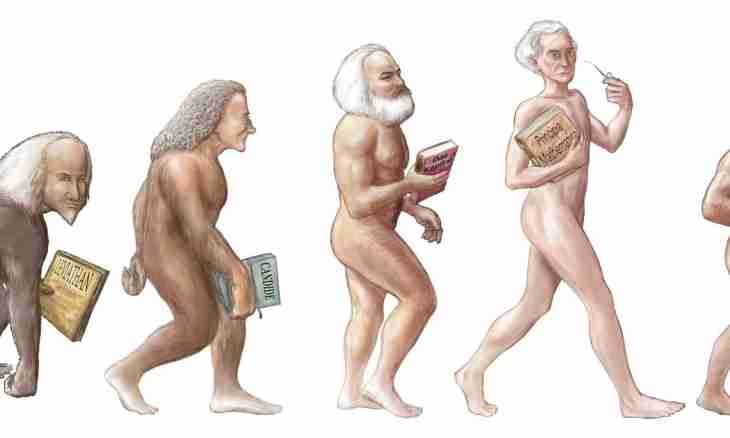The gnoseology is one of sections of philosophy, considering the theory of knowledge. The contribution to gnoseology was made by the famous philosophers - Platon, I. Kant, R. Descartes, G. Hegel and others.
What is considered by gnoseology
The main problem of gnoseology are a search of meaning of the events and truth. Also the science studies knowledge in general - its forms, essence, theories and a method. Within gnoseology the religion, art and science and also phenomena of experience, ideology and common sense are considered. The main question of this section - whether it is possible to learn the world in principle? Depending on answers several gnoseological directions are allocated. In the researches the philosophers operate with the concepts "reason", "truth", "feelings", "intuition", "consciousness". Depending on beliefs, gnoseology regard as of paramount importance sensory, rational or irrational perception - an intuition, imagination, etc.
Features of gnoseology
This philosophical discipline is very critical. First of all, it considers a ratio of illusion and reality and criticizes possibilities of knowledge. The criticism is shown in justification of any direction of gnoseology, opposing subjective ideas of the world to common sense. One more devil of gnoseology - a normativizm. The philosophy means existence of some fundamental knowledge which defines all norms of human knowledge. The experiment, a formula or ideal model can form for various directions of gnoseology base. The following line is a subjektocentrizm. For all currents of this section the general is presence of the subject of knowledge. All differences in philosophical doctrines are based on how this subject perceives a world picture. One more feature of gnoseology - a naukocentrizm. This section of philosophy unconditionally accepts importance of science and conducts the researches, strictly following the scientific facts.
The latest gnoseology departs from a classical framework and is characterized by post-criticism, an objektocentrizm and anti-scientific character.
Main directions of gnoseology
It is possible to distinguish scepticism, agnosticism, rationalism, sensualism and a transtsendentalizm from the most known gnoseological exercises. The scepticism belongs to one of the earliest directions. Sceptics believe that the main tool of knowledge - doubt. The agnosticism also meets in antiquity, but finally it was issued by modern times.
Parmenid living in Ancient Greece in 6-5 centuries BC became the first philosopher who considered the gnoseology problems.
Agnostics deny a possibility of knowledge of the principle as the subjectivity interferes with objective understanding of the truth. The term "rationalism" was proved by R. Descartes and B. Spinoza. They called reason and common sense the tool of knowledge of reality. The sensualism developed by F. Bacon, on the contrary, was based on knowledge through feelings. Transtsendentalizm was created, being guided by the essay by R. Emerson "Nature". The doctrine preached knowledge through an intuition and merge to the nature.

